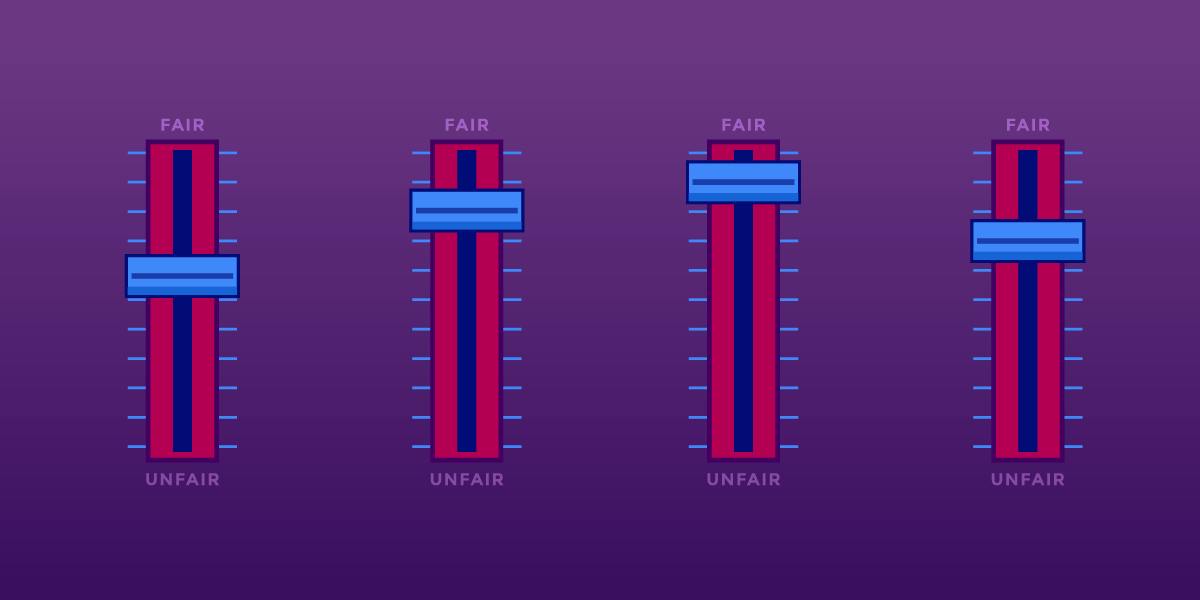Who controls your digital devices and media? If it's not you, why not? EFF has filed new petitions with the Copyright Office to give those in the United States protection against legal threats when you take control of your devices and media. We’re also seeking broader, better protection for security researchers and video creators against threats from Section 1201 of the Digital Millennium Copyright Act.
DMCA 1201 is a deeply flawed and unconstitutional law. It bans “circumvention” of access controls on copyrighted works, including software, and bans making or distributing tools that circumvent such digital locks. In effect, it lets hardware and software makers, along with major entertainment companies, control how your digital devices are allowed to function and how you can use digital media. It creates legal risks for security researchers, repair shops, artists, and technology users.
We’re fighting DMCA 1201 on many fronts, including a lawsuit to have the law struck down as unconstitutional. We’re also asking Congress to change the law. And every three years we petition the U.S. Copyright Office for temporary exemptions for some of the most important activities this law interferes with. This year, we’re asking the Copyright Office, along with the Librarian of Congress, to expand and simplify the exemptions they granted in 2015. We’re asking them to give legal protection to these activities:
- Repair, diagnosis, and tinkering with any software-enabled device, including “Internet of Things” devices, appliances, computers, peripherals, toys, vehicle, and environmental automation systems;
- Jailbreaking personal computing devices, including smartphones, tablets, smartwatches, and personal assistant devices like the Amazon Echo and the forthcoming Apple HomePod;
- Using excerpts from video discs or streaming video for criticism or commentary, without the narrow limitations on users (noncommercial vidders, documentary filmmakers, certain students) that the Copyright Office now imposes;
- Security research on software of all kinds, which can be found in consumer electronics, medical devices, vehicles, and more;
- Lawful uses of video encrypted using High-bandwidth Digital Content Protection (HDCP, which is applied to content sent over the HDMI cables used by home video equipment).
Over the next few months, we’ll be presenting evidence to the Copyright Office to support these exemptions. We’ll also be supporting other exemptions, including one for vehicle maintenance and repair that was proposed by the Auto Care Association and the Consumer Technology Association. And we’ll be helping you, digital device users, tinkerers, and creators, make your voice heard in Washington DC on this issue.











